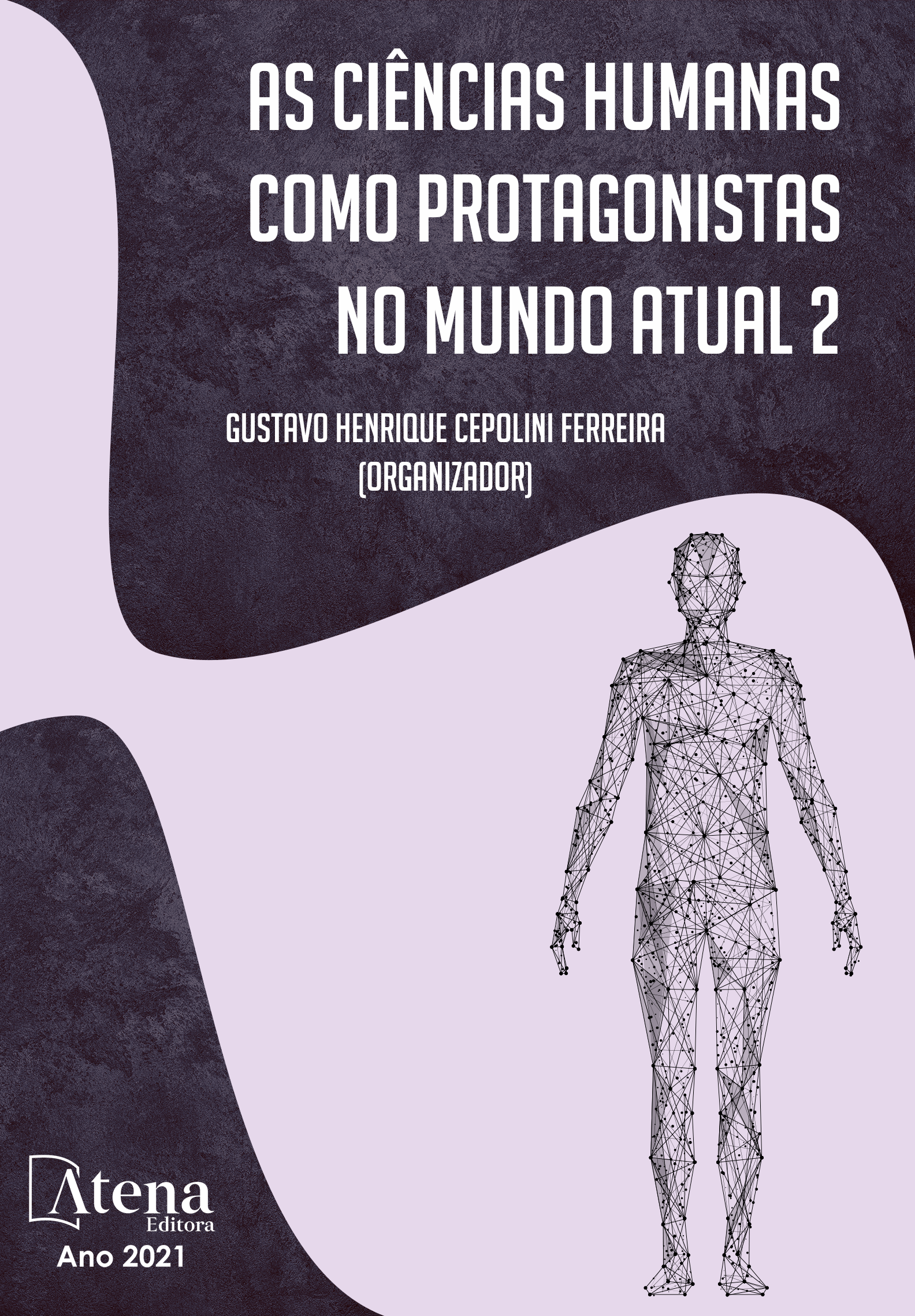
DIREITO RELIGIOSO: ANÁLISE DA ABORDAGEM RELIGIOSA NO ORDENAMENTO JURÍDICO BRASILEIRO E A CORRELAÇÃO DA LIBERDADE RELIGIOSA COM OS DEMAIS DIREITOS E GARANTIAS CONSTITUCIONAIS
Como cidadão pertencente a um Estado Democrático de Direito e Laico, o brasileiro tem a faculdade de determinar suas ações de acordo com sua convicção religiosa. A liberdade religiosa em muitos outros direitos e liberdades se desdobra e de tal modo com eles se relaciona, o que configura o objeto de estudo do presente trabalho. O objetivo sustentou-se no ideal de perceber a liberdade religiosa como sendo a liberdade mais intrínseca ao ser humano, uma vez que essa se desdobra em tantas outras. Ademais, procurou-se conhecer as bases da liberdade religiosa, seus princípios orientadores e a legislação que a ela é aplicada, como também identificar sua correlação com os direitos fundamentais consolidados na Constituição. Como método de construção do trabalho, adotou-se a perspectiva qualitativa e hipotético-dedutiva, quer dizer, os resultados alcançados foram apresentados mediante análises e interpretações de aspectos imateriais, como a legislação pátria vigente e posicionamentos de estudiosos quanto à temática. Obteve-se como resultado a percepção de que há que se considerar ainda presente a influência da religião no âmbito jurídico brasileiro. À vista disso, pode-se considerar o aspecto religioso como um dos mais notórios reflexos da instituição do Estado Democrático de Direito, já que a liberdade religiosa tem como fundamento a garantia da dignidade da pessoa humana, princípio esse pilar do arcabouço legal.
DIREITO RELIGIOSO: ANÁLISE DA ABORDAGEM RELIGIOSA NO ORDENAMENTO JURÍDICO BRASILEIRO E A CORRELAÇÃO DA LIBERDADE RELIGIOSA COM OS DEMAIS DIREITOS E GARANTIAS CONSTITUCIONAIS
-
DOI: 10.22533/at.ed.56521110511
-
Palavras-chave: Liberdade religiosa; Ordenamento jurídico; Garantias.
-
Keywords: Religious freedom; Legal order; Guarantees.
-
Abstract:
As a citizen belonging to a Democratic State of Law and Laico, Brazilians have the power to determine their actions according to their religious conviction. Religious freedom in many other rights and freedoms unfolds and in such a way relates to them, which configures the object of study of the present paper. The objective was based on the ideal of perceiving religious freedom as the most intrinsic freedom to the human being, since it unfolds in so many others. In addition, we sought to know the bases of religious freedom, its guiding principles and the legislation that is applied to it, as well as identifying its correlation with the fundamental rights consolidated in the Constitution. As a method of construction of the work, the qualitative and hypothetical-deductive perspective was adopted, i.e. the results achieved were presented by means of analyses and interpretations of inmaterial aspects, such as the current national legislation and positions of scholars on the subject. The result was the perception that the influence of religion in the Brazilian legal sphere must still be considered present. In view of this, one can consider the religious aspect as one of the most notorious reflections of the institution of the Democratic State of Law, since religious freedom is based on the guarantee of the dignity of the human person, I principle this pillar of the legal framework.
-
Número de páginas: 12
- Beatriz Cunha Duarte


